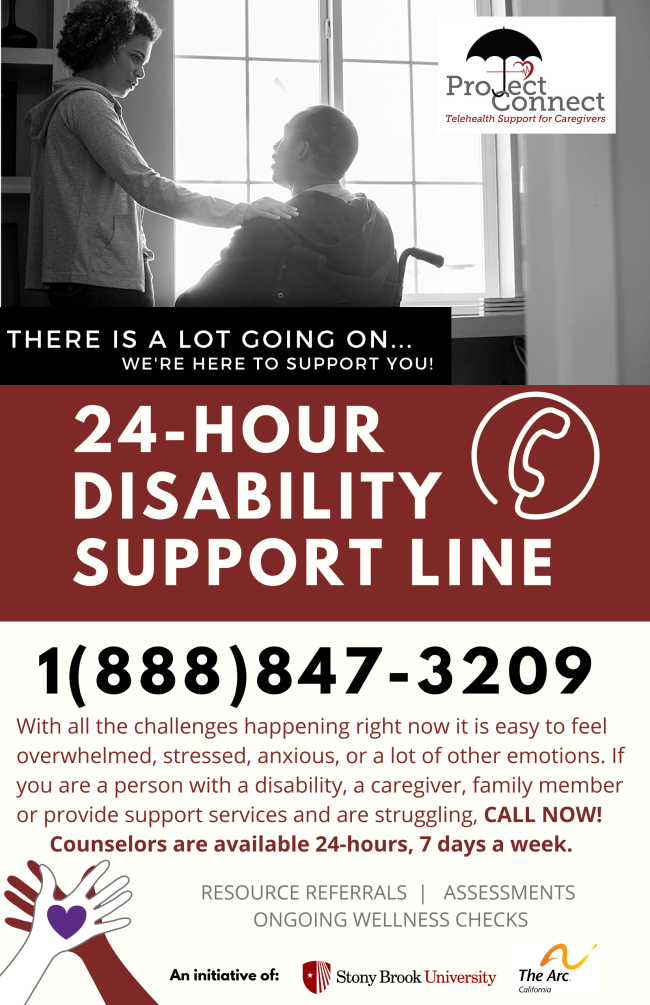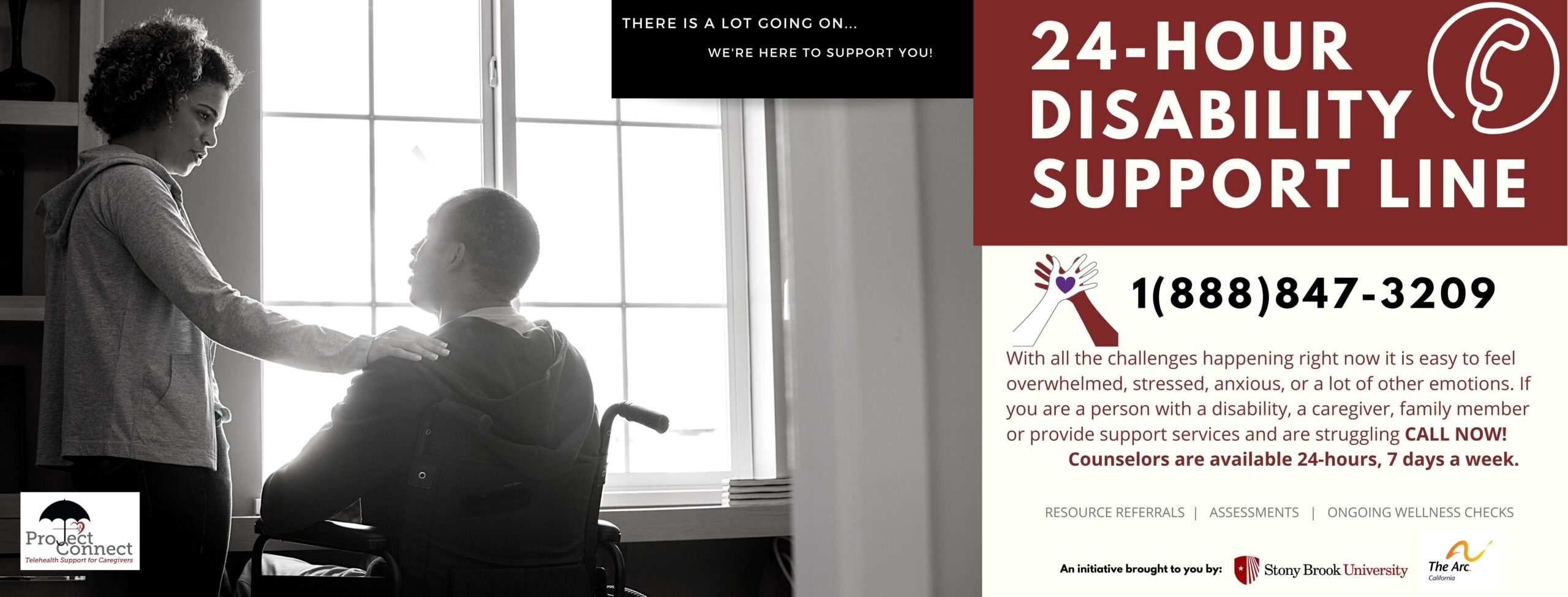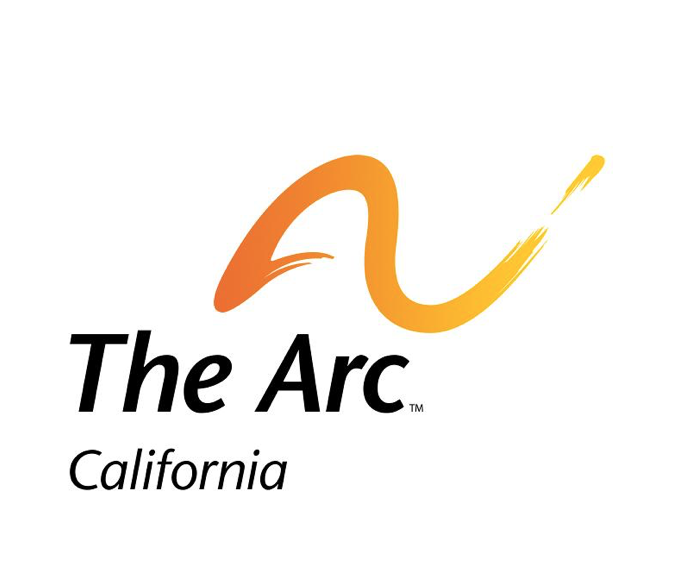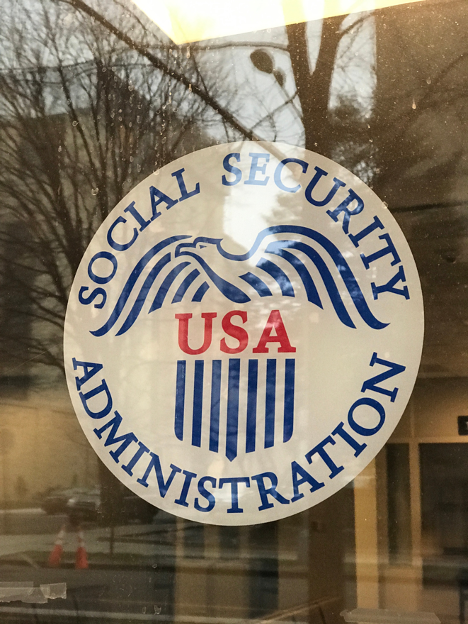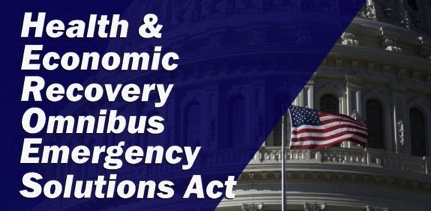Next week ACR 41 will be heard during the Assembly Floor Session. We are so grateful to Assembly Member Holden for recognizing the heroic work of all the DSPs in California who have gone above and beyond to support individuals with intellectual and developmental disabilities, and their families, throughout the pandemic. We are asking everyone to call your local Assembly Member and ask them to rise on the floor and speak in support of this important Resolution. You can find your Assembly Member’s contact information here: https://thearcca.org/advocacy/find-your-legislator/
Assembly Concurrent Resolution 41 – COVID-19 Direct Support Professionals
ACR 41, as introduced, Holden. COVID-19 direct support professionals appreciation.
This measure would recognize the skills and dedication of direct support professionals, and show appreciation for the direct support professionals who have faithfully served Californians with intellectual and developmental disabilities during the COVID-19 public health crisis.
WHEREAS, The COVID-19 pandemic and resulting stay-at-home orders and other safety measures began one year ago; and
WHEREAS, March is recognized nationwide as Developmental Disabilities Awareness Month; and
WHEREAS, More than 350,000 Californians with intellectual and developmental disabilities (IDD) receive regional center services; and
WHEREAS, The COVID-19 pandemic has a disproportionate impact on people with IDD, who are especially vulnerable to complications and mortality due to the coronavirus; and
WHEREAS, During this pandemic, direct support professionals throughout the state prioritized the health and safety of people with IDD, often placing the needs of people in their care over their own personal interests; and
WHEREAS, Direct support professionals showed flexibility, consistently responding to changing public health conditions and state guidelines for health and safety, while also addressing the changing needs of the people they serve; and
WHEREAS, Direct support professionals were guided by person-centered philosophy to meet the support needs of people with IDD during a historic pandemic that changed every aspect of their life; and
WHEREAS, Direct support professionals demonstrated innovation in creating new programs to safely support individuals with IDD during the pandemic and mitigate the isolating impact of health and safety measures; now, therefore, be it
RESOLVED by the Assembly of the State of California, the Senate thereof concurring, That the Legislature values the heroism and commitment of direct support professionals in the service of Californians with IDD; and be it further
RESOLVED, That the Legislature, having acknowledged the rights of Californians with IDD and the state’s responsibility to them through the Lanterman Developmental Disabilities Services Act, finds that direct support professionals are essential to carrying out this responsibility; and be it further
RESOLVED, That the Legislature recognizes the skills and dedication of direct support professionals; and be it further
RESOLVED, That the Legislature appreciates all direct support professionals who have faithfully served Californians with IDD during the COVID-19 public health crisis; and be it further
RESOLVED, That the Chief Clerk of the Assembly transmit copies of this resolution to the author for appropriate distribution.

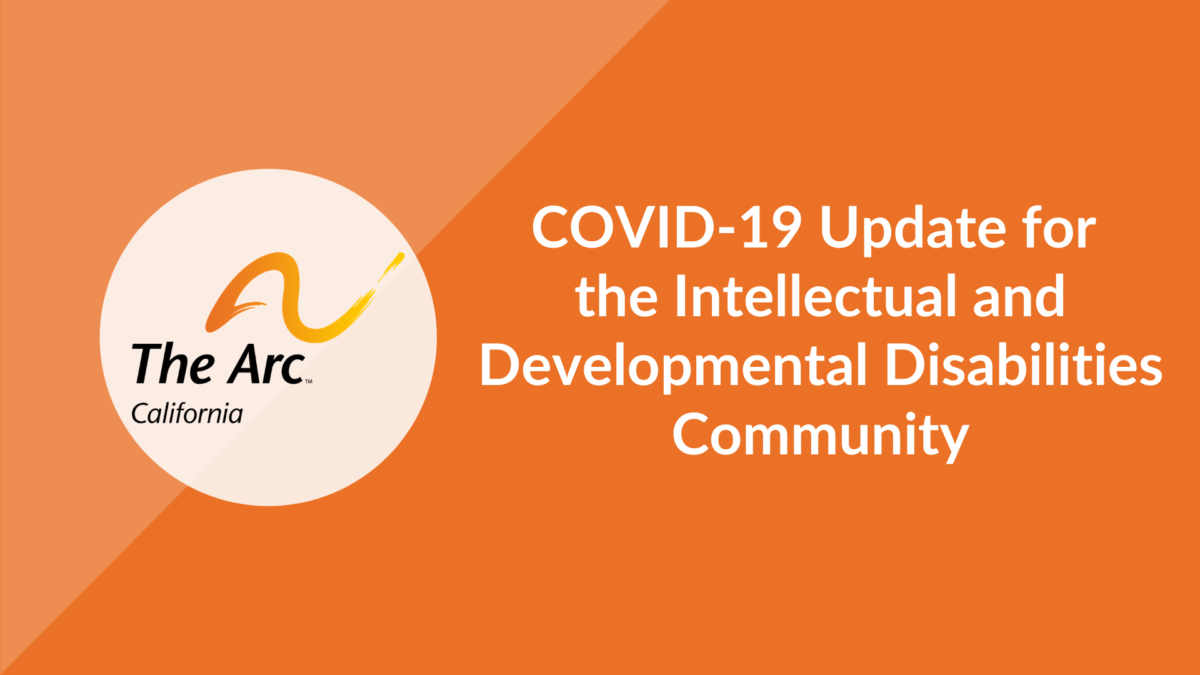
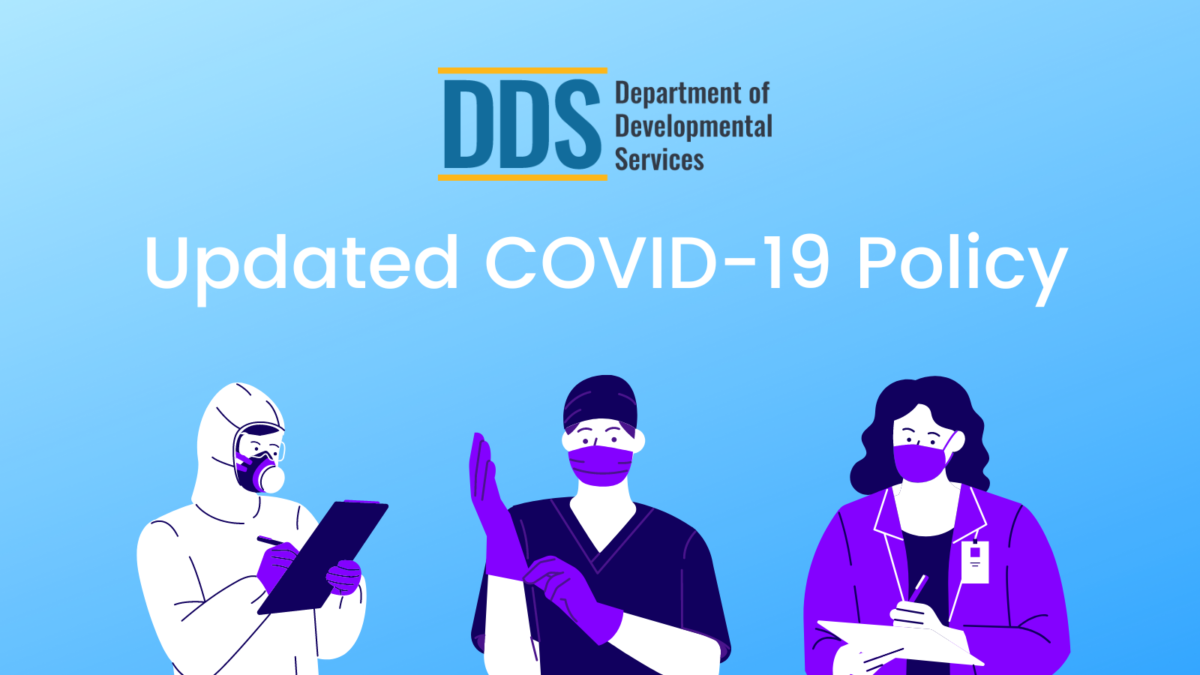
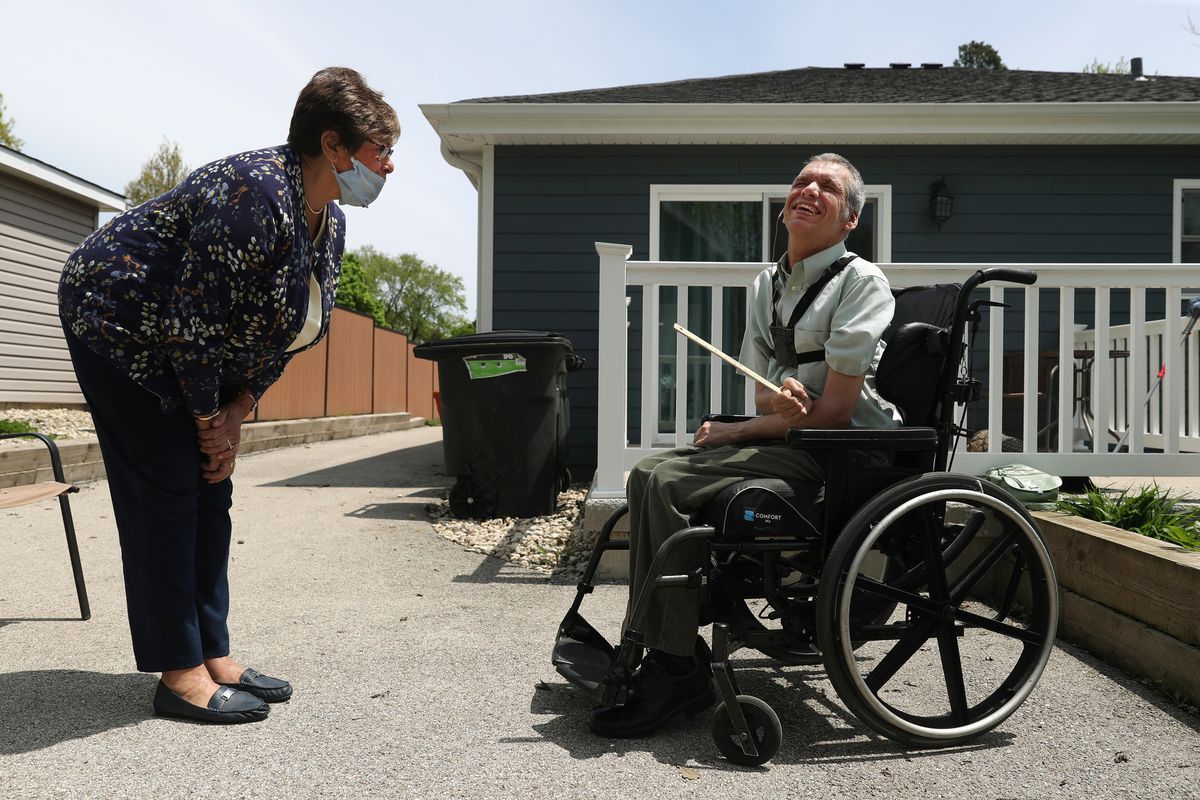

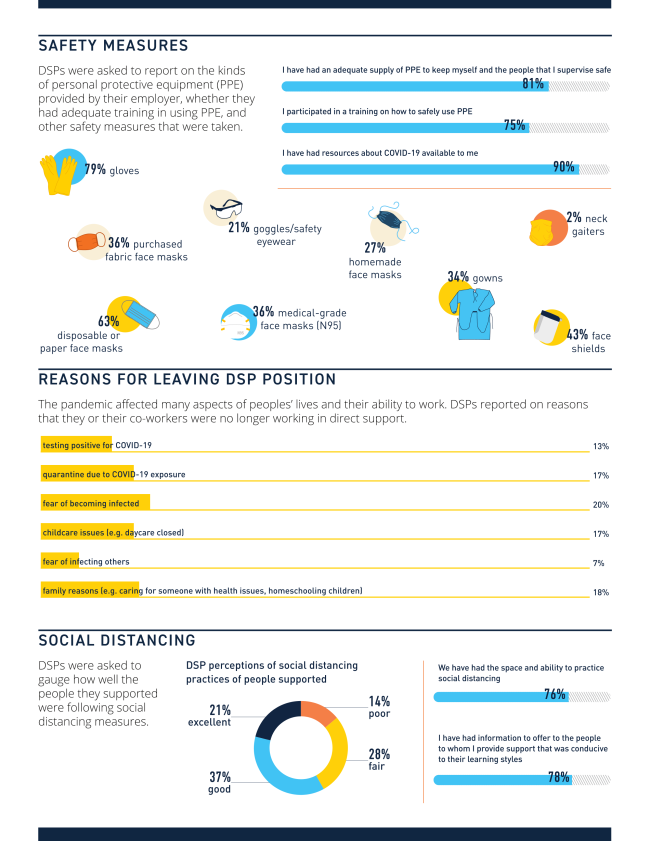


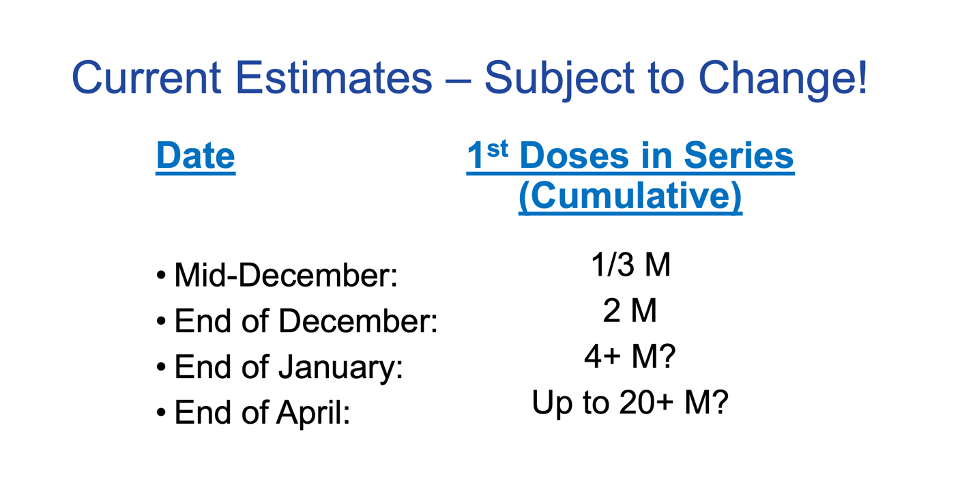 The distribution of the vaccines can be complicated, especially the process for notifying individuals when they have priority access to the vaccine. The Arc of California urges all family caregivers, service providers, regional centers and others stakeholders in the disability community to be in contact with your
The distribution of the vaccines can be complicated, especially the process for notifying individuals when they have priority access to the vaccine. The Arc of California urges all family caregivers, service providers, regional centers and others stakeholders in the disability community to be in contact with your 